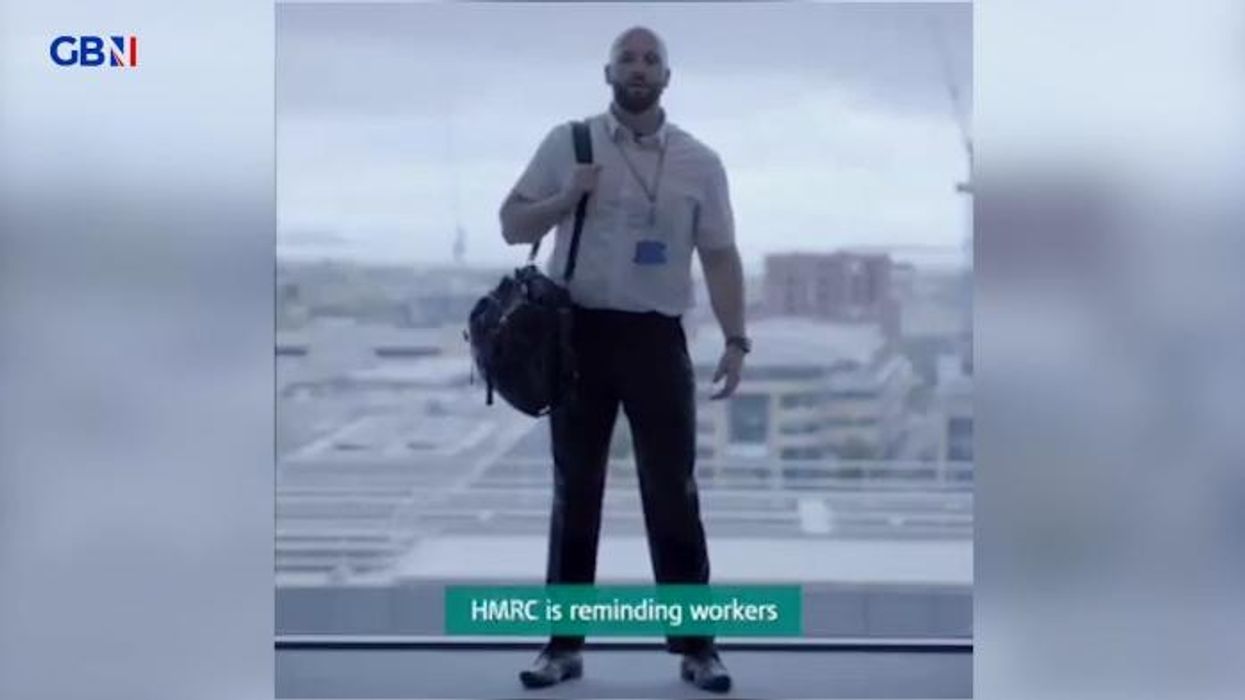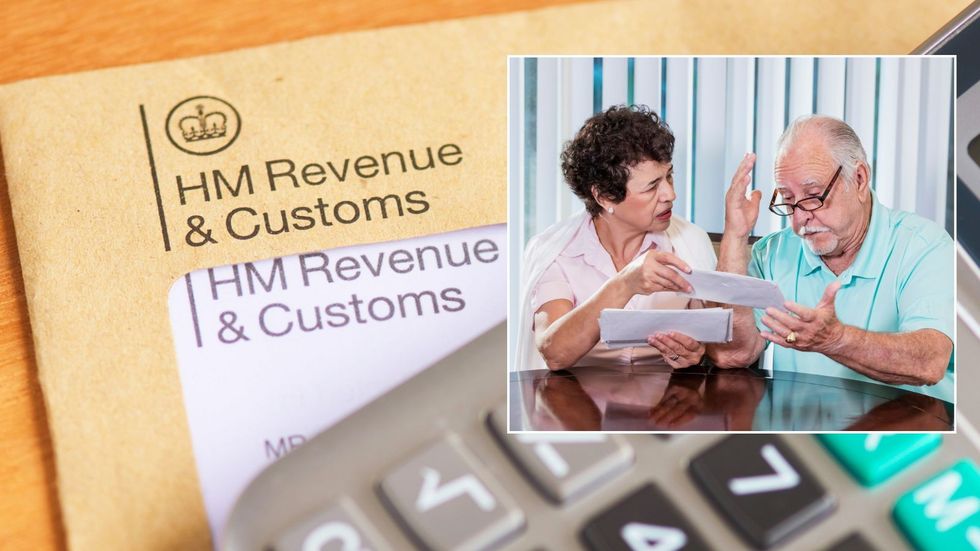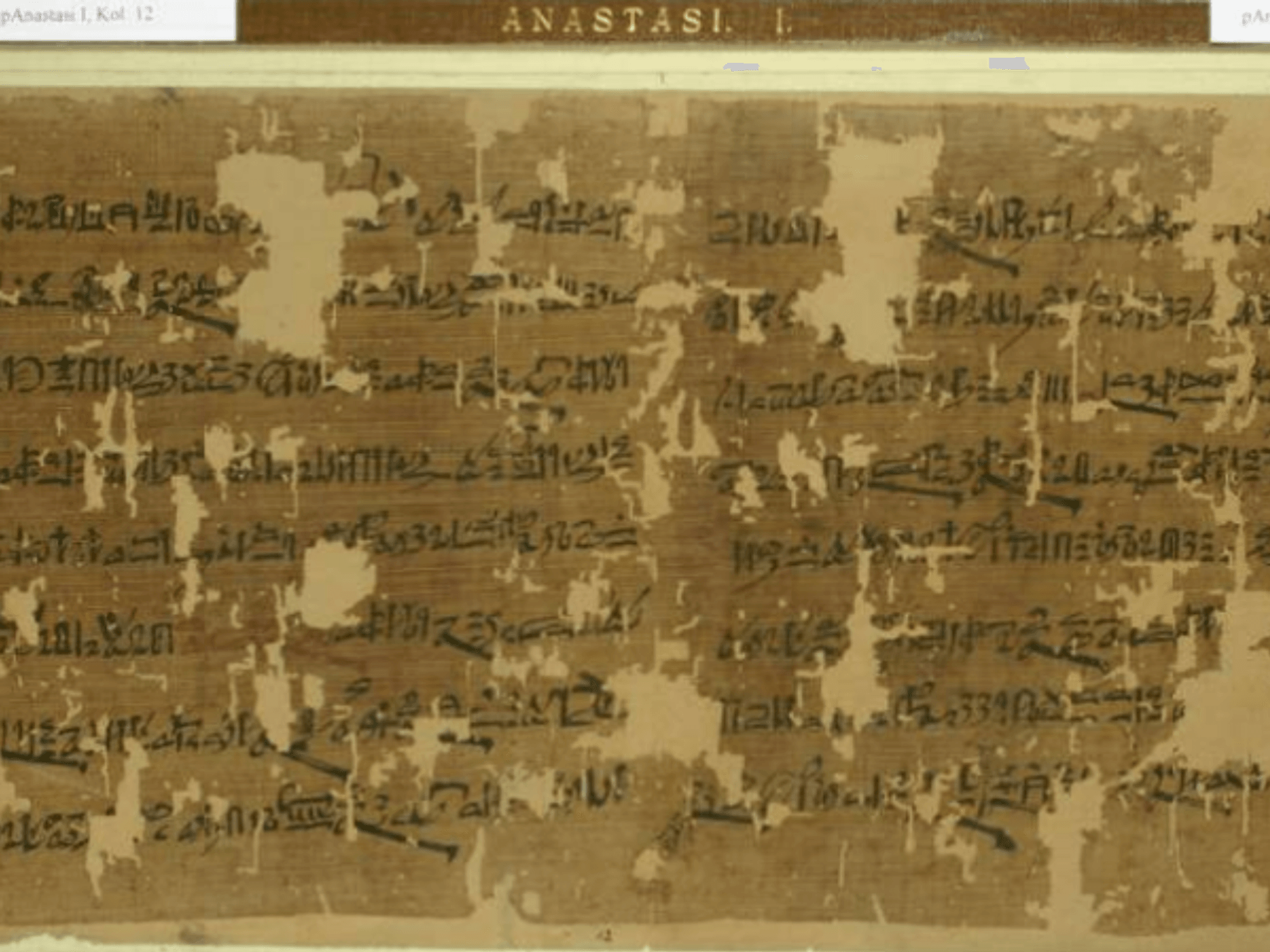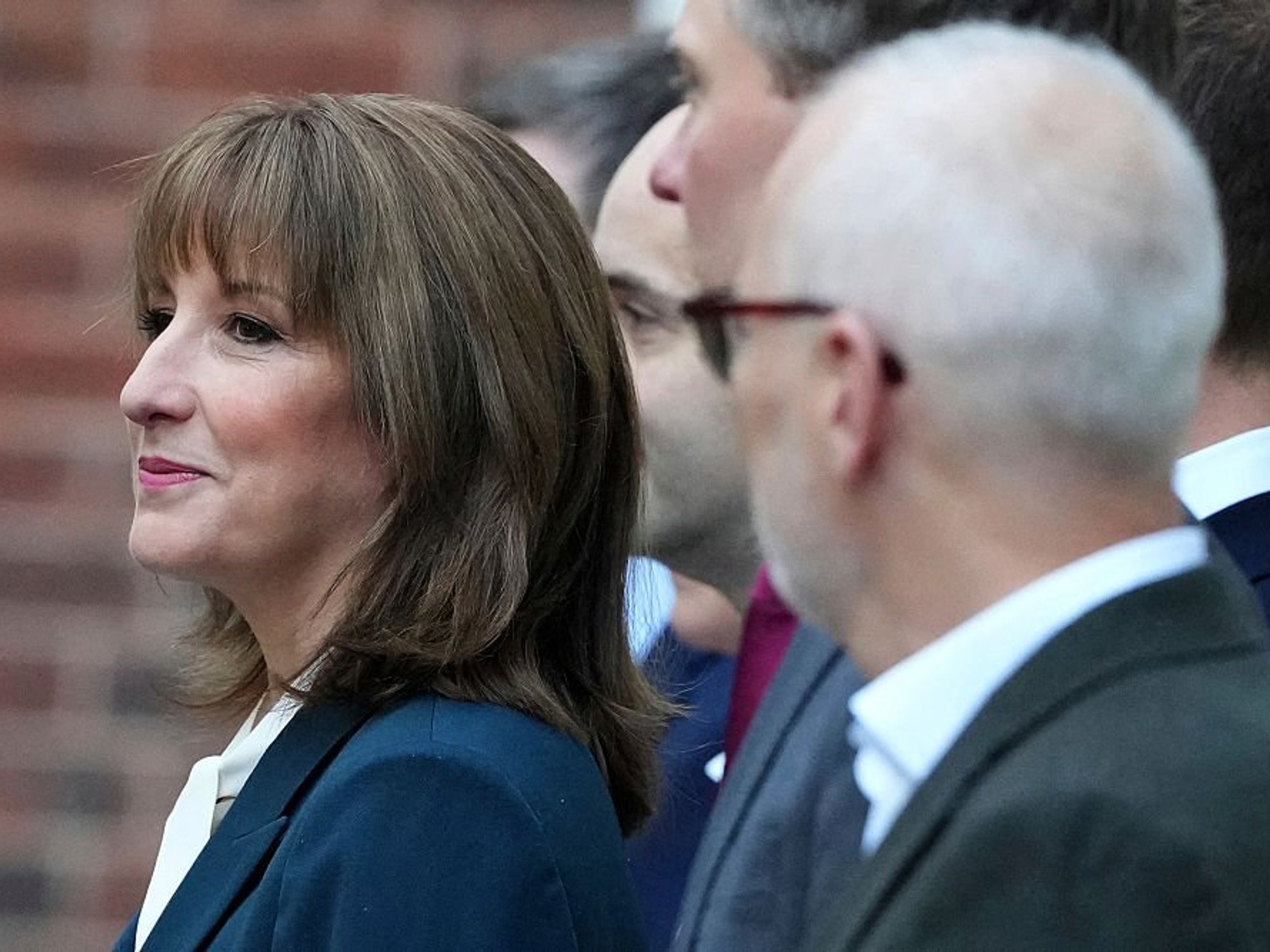HMRC alert: Thousands face unexpected tax bill this month as little-known deadline looms

Tax refunds for work expenses
|GBNEWS

Missing this quiet HMRC deadline could mean paying more than expected
Don't Miss
Most Read
Latest
Thousands of taxpayers are at risk of being hit with unexpected bills this month, as a little-known HMRC deadline fast approaches.
Many are unaware that a second payment on account is due by July 31, and missing it could mean interest charges from the taxman.
Anyone who completes a self-assessment tax return and had a tax bill over £1,000 last year may need to make this payment.
It applies to those whose income is not fully taxed through PAYE, including the self-employed, landlords, investors, and some employees with additional sources of income.
Sarah Coles, head of personal finance at Hargreaves Lansdown, said: "The lesser-known self-assessment deadline is almost upon us, because for many people, a payment on account is due by 31 July – covering half your expected tax bill for the 2024/5 tax year.
"However, it’s such a hectic and expensive time of year that it’s no wonder so many people fall foul of the common pitfalls – and overlook the opportunities."
The system is designed to spread one's tax bill across the year. A first payment on account is usually made by January 31, with the second due by July 31. These payments are based on HMRC’s estimate that your next year’s tax bill will be similar to the last one.
However, for those who have recently become self-employed or started earning more from investments, the July payment can come as a shock.

Thousands face unexpected tax bill this month as little-known deadline looms
| GETTYMany assume their January payment covered the year, not realising they owe a second instalment. Changes in financial circumstances can also trigger a payment.
For example, using salary sacrifice to boost pension contributions, or earning more from rental properties or dividends, can mean less tax is collected via PAYE, pushing one into the self-assessment bracket.
Some may find they have already spent the money they now owe. Expensive summer holidays or childcare costs can leave little left over, especially if no money was set aside earlier in the year.

Coles explained there are ways to reduce the pressure
| GETTYThousands also remain on HMRC time-to-pay plans from previous tax years. This means they could still be paying off their 2023/24 tax bill while needing to fund half of the 2024/25 bill at the same time.
Coles added that the deadline often catches people off guard: "This may come as a surprise. If your circumstances have changed, you may need to pay this for the first time, and although you will have made the first payment on account in January, you might not have realised there was a second one on the way in July."
She continued: "If you find yourself short, don’t feel you have to borrow on an expensive credit card. You can contact HMRC and see if you can set up a time-to-pay arrangement, which will spread the cost over at least three months.
"You will pay interest at 8.25 per cent, but that’s still far less than a card company can charge you. Don’t take your eye off the ball through – you will still need to be setting cash aside for your tax bill in January."
Coles explained there are ways to reduce the pressure. Taxpayers who know their income has dropped can apply to reduce their payment on account through the Government Gateway or by post.
But this must be done with care. If the actual tax bill ends up higher than expected, interest will be charged on the shortfall.
Those struggling to pay can also set up a time-to-pay arrangement with HMRC, which allows them to spread the cost over at least three months. The current interest rate is 8.25 per cent, but this is usually lower than credit card rates.

Moving assets into ISAs, using spousal allowances, or correcting past returns can all help reduce future tax bills or trigger a refund
| PAFinally, savers can review their investment strategy.
Moving assets into ISAs, using spousal allowances, or correcting past returns can all help reduce future tax bills or trigger a refund.
Failure to act by July 31 could lead to mounting interest charges. Taxpayers are urged to check their self-assessment status and avoid an unexpected summer cash shock.
More From GB News










